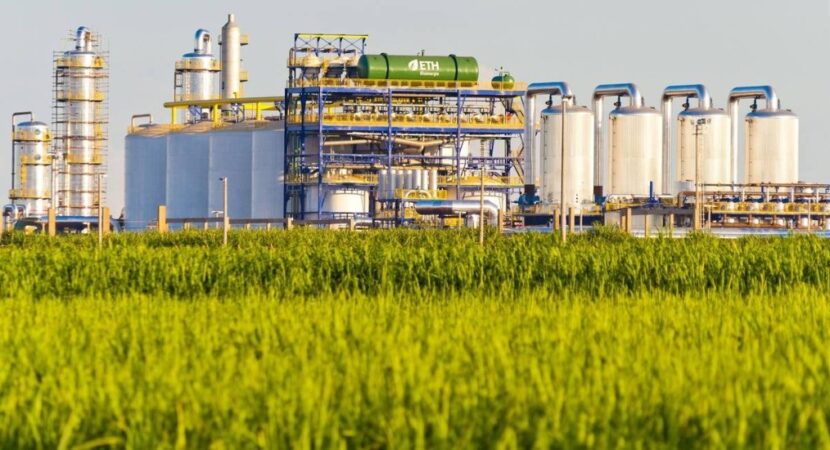
Brazil's drastic switch to ethanol this season has cut its sugar production by 20%, experts say India could become the world's biggest sugar producer in a few years
Brazilian sugar companies are increasing their capacity to produce ethanol in the face of falling world sugar prices and government policies that are expected to boost demand for the biofuel. The 2018-19 crop cut Brazil's output by 9m tonnes and another switch to biofuel next season could help end a global surplus weighing on sugar prices. Brazil may also lose its position as the world's biggest sugar producer to India for the first time in 16 years, according to the US Department of Agriculture.
For Brazilian sugarcane processors, switching to ethanol has proven to be an attractive trade-off, as the increased focus on biofuel partially shielded mills from a drop in global prices of sugar in September to the lowest level since 2008.
Biosev, Brazil's second-largest cane processor, said it was installing distillation columns at two factories in the Mato Grosso do Sul cluster to give mills the option of using 90% of their cane for ethanol, up from 50% now. .
Brazil launched policies to use more biofuels in 1975 after an OPEC supply embargo raised oil prices. So-called flex-fuel cars that run on pure ethanol or a mixture of gasoline and ethanol now represent 80% of Brazil's light vehicle fleet.
In a new impetus, the government this year approved a program called RenovaBio that obliges fuel distributors to gradually increase the amount of biofuels they sell starting in 2020.
Brazil's Ministry of Mines and Energy expects RenovaBio to push demand to 47,1 billion liters in 2028 from 26,7 billion in 2018, helping Brazil's ethanol industry recover from years of competition with subsidized prices of gasoline.
The global market can also offer opportunities for Brazilian ethanol producers as countries look for ways to reduce their carbon footprint, including China, which is rolling out the use of ethanol in fuel across the country by 2020.
This season, Brazilian mills allocated 64% of their cane to ethanol, as domestic sales grew by around 40% due to high gasoline prices in Brazil, the world's fourth largest consumer of transport fuel.
Many mills can already produce sugar or ethanol, with some flexibility in the mix. Companies investing in distillation columns hope that the reconfigurations will give them room to produce even more ethanol if prices remain attractive.
Brazil's dramatic switch to ethanol this season has cut its sugar output by 20%, and if ethanol remains attractive next season, mills could allocate more cane to the biofuel.
The US Department of Agriculture and the International Sugar Organization expect India to eclipse Brazil in 2018-19 as the world's top sugar producer.








